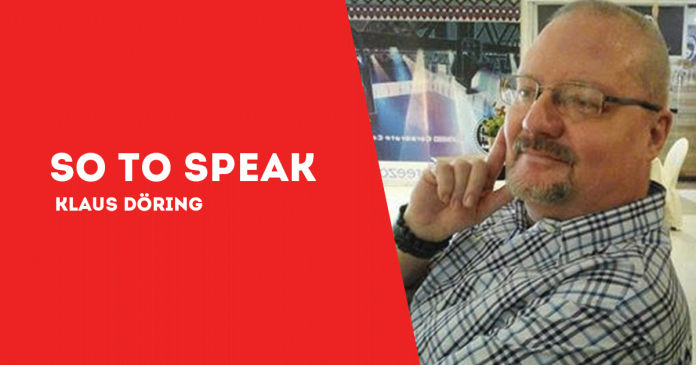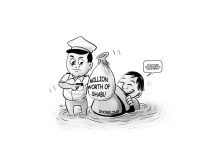
ANGER. A day rarely goes by without us feeling angry. It is not necessary to cite examples. Sometimes, it’s just a minor reason like we hate the fly at the wall. Sometimes anger has important reasons.
Anger seems to become the main part of our daily life. That’s why it is really important to talk (again?) about this phenomenon. As I said, anger is one of the most basic emotions. Everyone can really get angry. If someone told you he won’t get angry, better don’t believe him.
Anger is a terrible feeling of being against something or someone. It can be my neighbor, because he is still (!) burning poisonous plastic and rubber garbage. Many of us get angry observing some politicians during those days worldwide.
Anger is a hostile emotion that sets people against one and another, or even against themselves. By its nature, anger involves opposition, hostility, hatred and dislike. Anger, however, is simpler to define than to identify. Emotions of antagonism can take a wider variety of faces. Expressions of anger range from the overt, in-your-face brand of open hostility to the cold indifference of a silent individual.
Anger at the workplace is becoming very common nowadays.
One of my good friends works as a stewardess. Imagine yourself 35,000 feet up, pushing a trolley down a narrow aisle surrounded by restless passengers. A toddler is blocking your path, his parents not immediately visible. A passenger is irritated that he can no longer pay cash for an in-flight meal, another is demanding to be allowed past to use the toilet. And your job is to meet all of their needs with the same show of friendly willingness. For a cabin crew member, this is when “emotional labor” kicks in at work.
A term first coined by sociologist Arlie Hochschild, it’s the work we do to regulate our emotions to create “a publicly visible facial and bodily display within the workplace”.
At times, anger can be felt like an inner fire. It hits you in the gut. You see red and feel hot and maybe sweaty. Your stomach gives you problems, our blood pressure rises, and breathing rate increases. Not only neighbors or politicians are the reason for anger. The silent withdrawal and lack of understanding and innumerable shortcomings of a partner or in the family are often an indication that one is angrily punishing the other for not doing things his or her way.
Back to the workplace: unhelpful attitudes such as “I’m not good enough” may lead to thinking patterns in the workplace such as “No one else is working as hard as I seem to be” or “I must do a perfect job”, and can initiate and maintain high levels of workplace anxiety.
When research into emotional labor first began, it focused on the service industry with the underlying presumption that the more client or customer interaction you had, the more emotional labor was needed.
However, more recently psychologists have expanded their focus to other professions and found burnout can relate more closely to how employees manage their emotions during interactions, rather than the volume of interactions themselves. Perhaps just only today you turned to a colleague to convey interest in what they said, or had to work hard not to rise to criticism. It may have been that biting your lip rather than expressing feeling hurt was particularly demanding of your inner resource.
In some cases, maintaining the façade can become too much, and the toll is cumulative.
In another friend’s last position, the “customer was king”. She was working in a shopping mall. Many times, she got a tirade of abuse from several customers. “When I explained what happened to my senior, I was told I must have said or done something to warrant this response… I was then told I should go and apologize.” Yes, that’s how it is! (To be continued)/PN







